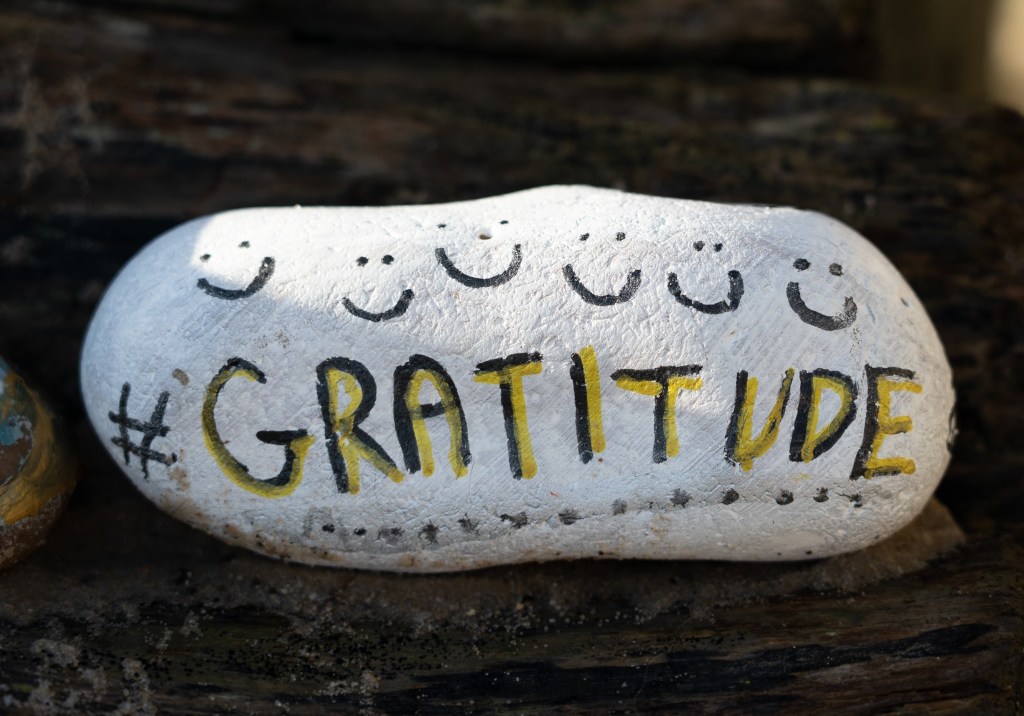(Title image: Photo by Niklas Ohlrogge on Unsplash)
For anyone here who has celebrated Advent, you know it as the period of time comprised of the four Sundays (and the weekdays in between) leading up to Christmas in preparation for the arrival of the Messiah. The 2023 season of Advent starts this coming Sunday, December 3rd. [Edit: Many consider Advent to run from Dec 1 – Dec 24, and that suits the purpose of this post also.]
Advent has historically been observed by Christian religious dominations and is marked by the lighting of four candles, one for each Sunday. But it is most famously known by everyone as the four or so weeks before Christmas when you “give up” something.

(Photo by KaLisa Veer on Unsplash)
Growing up, we’d usually give up sweets during this time, only being allowed a little something each Sunday, with the idea that we would appreciate the candies and cakes at Christmas all the more.
But you know what? I don’t really think it had that effect. That was something geared more towards our stomachs than our souls. Sure, we’d look forward to finally indulging in holiday goodies…but that was about it.
And as the years went on and treats played an ever-decreasing role in my life, I flailed around looking for something else to deny myself. Let’s face it, I was missing the point.
More recently, I’ve turned Advent into a different kind of spiritual opportunity.
So I’d like to offer a most positive way of observing those last weeks of the year for everyone, regardless of religious affiliation. And it has nothing to do with depriving yourself of anything.
Rather, it’s a blissful gift for yourself…and your soul, if you will.

(Photo by Brian Yurasits on Unsplash)
For this Advent, I invite you to commit to several weeks of establishing a new thoughtful behavior. This can look different for everyone:
Perhaps, it’s time to set aside a few minutes in prayer and contemplation, as it suits your own spiritual tradition.
Perhaps it’s an opportunity to commit to volunteering for a charity, giving to others without expecting anything in return.
Perhaps it’s a time to establish a simple meditation practice, a few minutes a day at a specified time.
Perhaps it’s an opportunity to practice daily mindfulness, say, when you make your morning coffee or tea, truly focusing on the process and what the items feel like in your hands.
Perhaps, it’s time to think before reacting, pausing before getting angry and saying something hurtful.

(Photo by Ümit Bulut on Unsplash)
Perhaps this is the time to go through your belongings, a little every day, and gather up what you can give to others in need, or discard if the item is no longer of use to anyone.
Perhaps this is time to think about all the things for which you’re grateful, starting or ending your day in this way. And if there’s nothing that you can be grateful about, then consider what you’re grateful that is *not* happening.
Choosing what to focus on for Advent can be a very mindful process in itself. And after about a month of this practice, you will emerge with a beautiful new habit.
Give it a try and I wish you a beautiful Advent season!
~~~~~~~~~~~~~~~~~~~~
Please note: I realize that there is a much deeper religious meaning of Advent for Christians, and I’m not trying to minimize that. However, in this time of hyperpolarization when we’re so focused on what sets us apart from those around us, this is a thoughtful way to share the Advent tradition with everyone, with love. And isn’t that the spirit of Christmas?





![5-Minute Meditation: Lovingkindness with Jon Kabat-Zinn [VIDEO]](https://franticshanti.com/wp-content/uploads/2023/11/mei-ling-mirow-4tdl2qojwcc-unsplash_cropped.jpg?w=1200)



